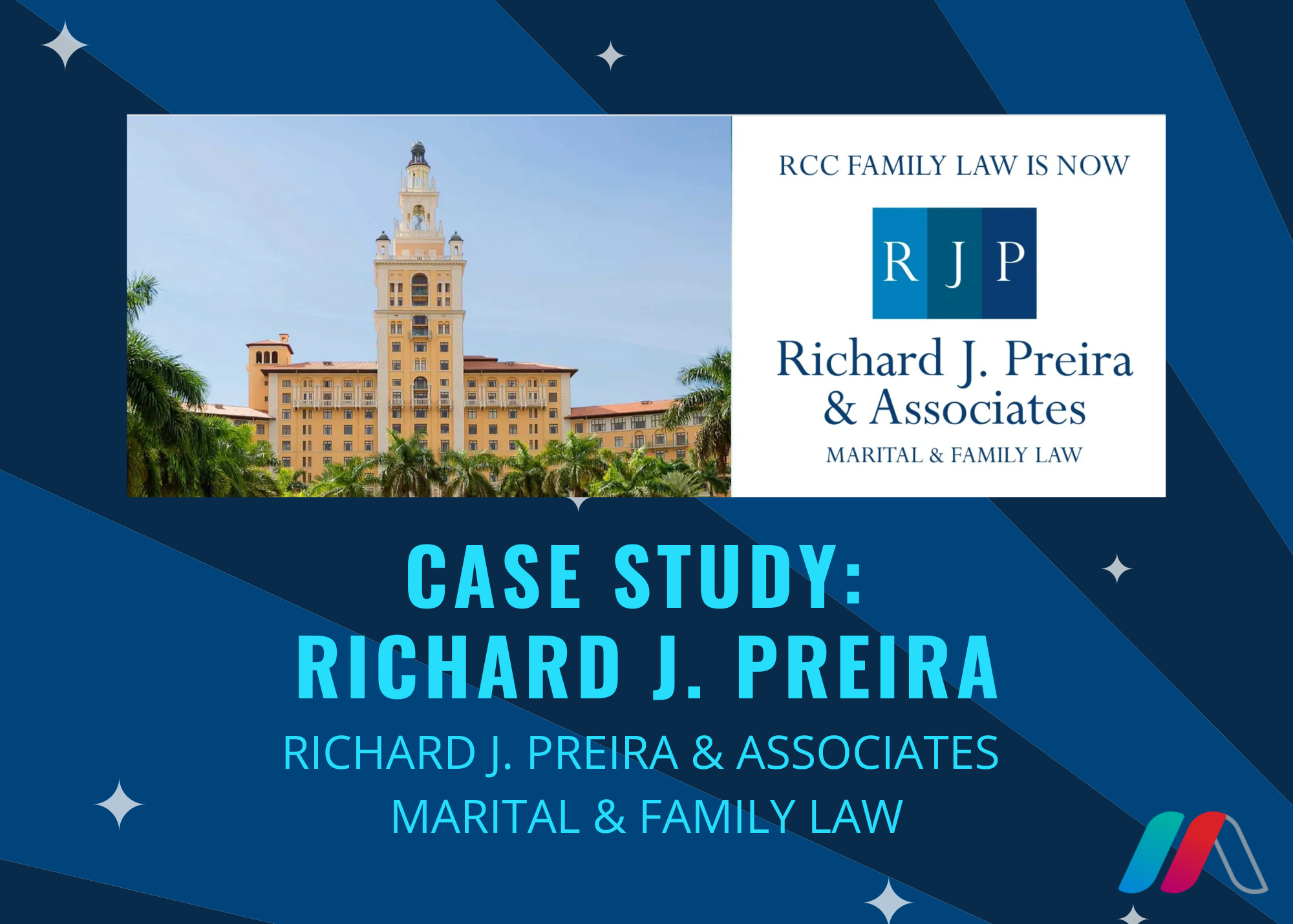Marshaling Evidence of Your Reputation

The practice of law is a profession in which advertising one’s services has only been permissible since the late ’70s.
While one might tend to think that thirty plus years is enough time for lawyers to “get the hang” of professionally marketing and advertising their services, you don’t have to look very hard to find some pretty bad legal schlock.
And so, even the most caveat-emptor-minded among us can recognize the need for some regulation of lawyer behavior in this arena. Which is why lawyers, at least in theory, are constrained by their state’s rules of professional responsibility. And, at least one of the purposes of these rules of professional responsibility is to protect the public from false and misleading lawyer statements–which, by most accounts, is a good thing.
While we are unlikely to quibble over statements that are patently false, we struggle mightily over what is misleading. After all, some would argue that the very nature of marketing and advertising is to persuade to hire, which to some, means being misleading. Thus, legal professional organizations such as the American Bar Association work to provide guidance for lawyers on these matters:
[2] Truthful statements that are misleading are also prohibited by this Rule. A truthful statement is misleading if it omits a fact necessary to make the lawyer’s communication considered as a whole not materially misleading. A truthful statement is also misleading if there is a substantial likelihood that it will lead a reasonable person to formulate a specific conclusion about the lawyer or the lawyer’s services for which there is no reasonable factual foundation.
[3] An advertisement that truthfully reports a lawyer’s achievements on behalf of clients or former clients may be misleading if presented so as to lead a reasonable person to form an unjustified expectation that the same results could be obtained for other clients in similar matters without reference to the specific factual and legal circumstances of each client’s case. Similarly, an unsubstantiated comparison of the lawyer’s services or fees with the services or fees of other lawyers may be misleading if presented with such specificity as would lead a reasonable person to conclude that the comparison can be substantiated. The inclusion of an appropriate disclaimer or qualifying language may preclude a finding that a statement is likely to create unjustified expectations or otherwise mislead a prospective client.
And so, at least some of our learned state bar committees have created complete prohibition on certain adjectives like specialist and expert. Others prohibit comparison of one attorney’s abilities with another’s. While this may protect the public from unsubstantiated comparisons, it also may make it difficult for competent lawyers to market their competence to the public.
So what’s a competent lawyer to do?
Marshal Your Reputation Evidence
In trial advocacy courses, lawyers are taught to “marshal the evidence” on behalf of their clients. In other words, arrange the presentation of facts and evidence that will be both logical, persuasive, and forceful. And, in my opinion, the same principles can be applied to communicating the quality of a lawyer’s professional services. Here are some suggestions on how to go about marshaling your reputation evidence.
First, you must decide what facts and evidence of your reputation you have at your disposal.
Second, you must decide which of these facts you can permissibly use to communicate information about your services. Remember, while some facts may be true, they must not mislead.
Third, organize your truthful and non-misleading reputation facts and evidence from most persuasive to least. Obviously, what you might think is your most impressive reputation evidence might not be what your prospective clients find most compelling. Try to put yourself in the position of your prospective clients. What problems are they facing? What are their greatest fears? What pieces of reputation evidence do you have that might best address these problems and fears?
Many lawyers who develop advertising and marketing copy fail to effectively highlight their most important reputation evidence.
We see a lot of lawyers put a focus on their education, eagerness to fight, and years of experience. While these are arguably relevant to communicating the qualities of a lawyer’s ability, they probably aren’t the strongest.
Do your prospective clients care where you went to law school? Depending on what you do, some might. But chances are, if you have a public consumer-facing practice, most don’t.
Do your prospective clients care about your eagerness to fight? Maybe. But is this a statement that is most credible coming from you? Wouldn’t it be more credible coming from your clients or colleagues?
Do your prospective clients care about your years of experience? Sure. But is merely communicating the number of years that you have been practicing as effective as communicating what you’ve been doing during those years?
Here are some examples of reputation evidence that you should be marshaling:
- Client Testimonials – If permissible in your state, client testimonials are some of the strongest reputation evidence around. They should be near the top of your list.
- Professional Testimonials – Your reputation among your peers is also a very powerful piece of reputation evidence. This evidence can be especially credible if it comes from a competitor.
- Prior Results – While you must be careful how you communicate prior results (and include appropriate disclaimers), for many practice areas, this is what your prospective clients are looking for. While you need to make it clear that each individual legal situation is different, legal service consumers expect to be able to learn what kind of outcomes you have been able to obtain for clients in the past.
- Representative Clients – If you have recognizable clients who will allow you to list their names, list them. This will help prospective clients obtain word-of-mouth endorsements of your work.
- Speaking Engagements & Seminars – It has been said that, “Those that know, do. Those that understand, teach.” Being recognized as a teacher of other lawyers is one of the most powerful ways to demonstrate your expertise.
- Awards & Honors – When relevant and easy to understand, listing professional awards and honors is another strong piece of evidence of a lawyer’s reputation.
- Professional Memberships & Leadership Positions – Affiliations with professional organizations can send strong signals to your prospective clients about your reputation. Holding leadership positions in established legal associations and societies can be powerful evidence of your standing within your community of lawyers.
Keep in mind that, like marshaling evidence at trial, marshaling reputation evidence isn’t merely about listing. It’s about effectively arranging and prioritizing your strongest evidence. It’s about making decisions about what to keep in and what to leave out. Don’t throw the kitchen sink at your audience. Remember that attention spans, especially online, are extremely short. In many instances, you may only have a very brief amount of time to motivate a prospective client to take action to further inquire about your services. Even if you have volumes of reputation evidence, avoid merely dumping it on your audience. Be selective as to how you present it.









